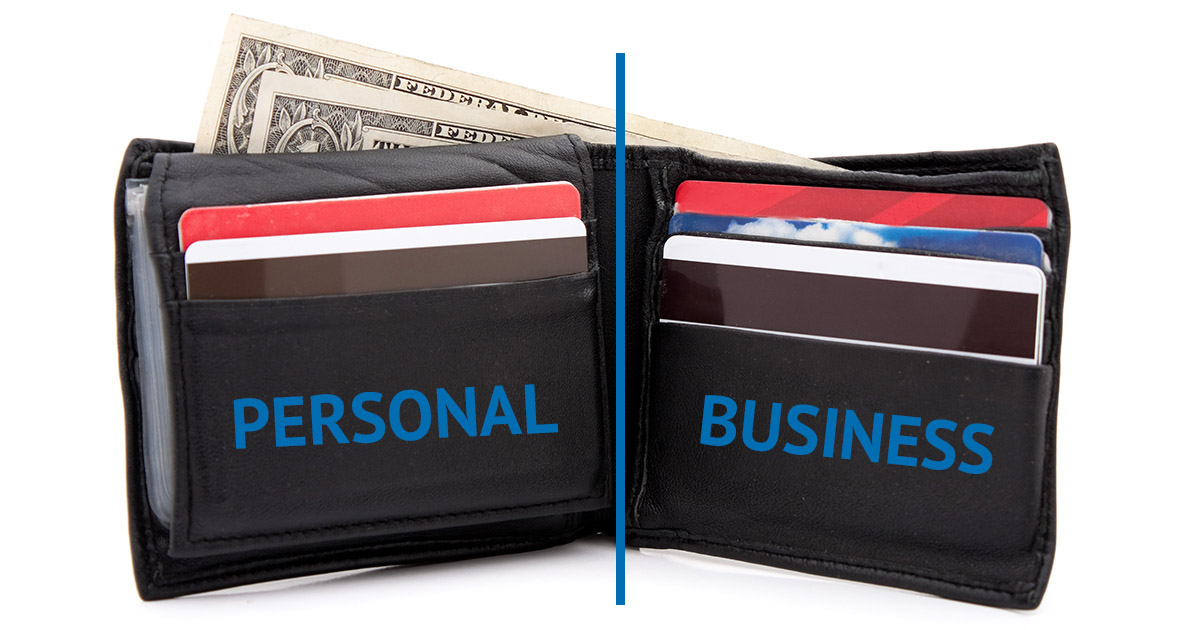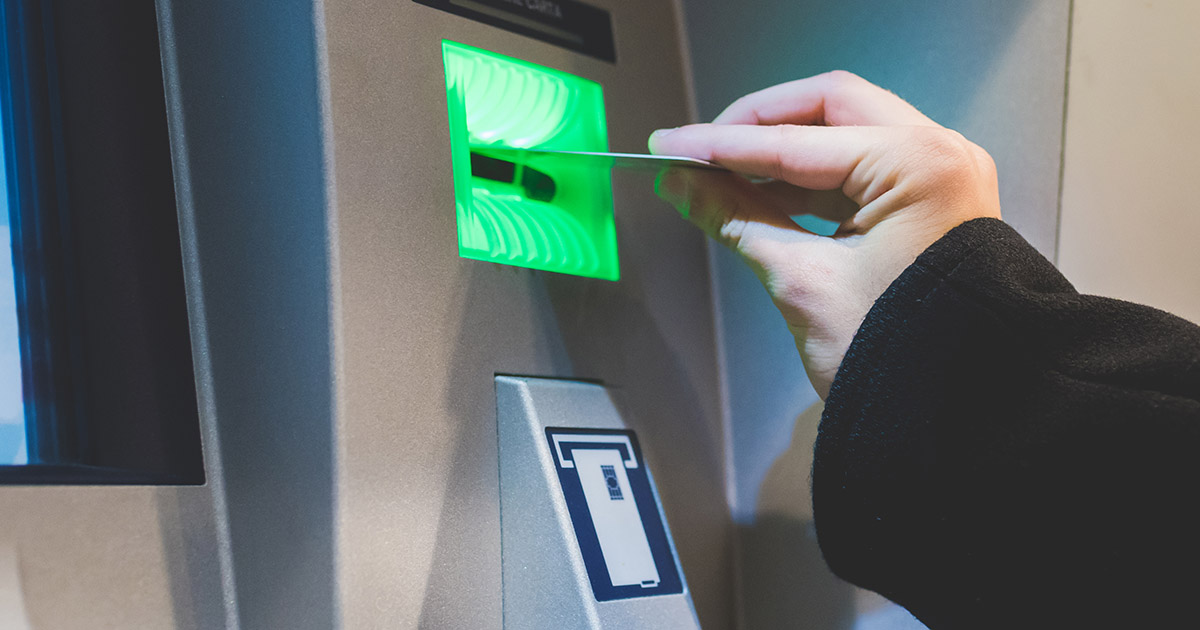Business vs Personal Bank Accounts for Freelancers?
- June 25, 2021
- by Angela

If you work as a freelancer one question you might ask yourself is - will be necessary to open a business bank account? Getting it setup can be a minor hassle but there are many long term benefits for doing so. In this post we explain all the information regarding personal vs business bank accounts for freelancers.
Why is it important to keep separate personal and business bank accounts?
As a freelancer you are running a business. This is also true of someone with a day job who has a side hustle. As soon as that business begins to accrue regular income and expenses it makes sense to separate your personal and business bank accounts.
Aside from a business checking and savings account, you will also want to have a business debit card or credit card to make paying for business expenses easier.
It is very important that once these accounts are setup you keep them totally separate from your personal expenses. For example, only use your business credit card for business expenses, and only use your business checking account to pay your business credit card.
Here are the main benefits of having a dedicated business account:
1. Simplifies budgeting, accounting and tax time:
When you run a business, if the income and expenses are mixed with your personal finances, it will be much harder to tell what is going on.
By keeping the accounts separate it will be a lot easier easier to calculate your taxes at the end of the year. It is also a lot easier to track your profit, pay estimated taxes (if necessary), and gauge how the business is doing.
The only time you “connect” your personal and business accounts is when you “pay yourself” by transferring money from your business account to your personal account. That works for sole proprietors or single member LLCs. Paying yourself can be more complicated for S-corps, corporations. In that case you will want to talk to to your CPA / tax advisor and you may want to have a payroll company handle it.
2. Audit protection
If you have a business bank account it legitimizes your business in the eyes of the government. In the event of an audit you can clearly show a) you were running a business which grants you the ability to write off all associated expenses, and b) a list of income and expenses tied to a single bank account.
If an expense is in the grey area, like your personal phone that use you occasionally use for business, that would be a personal expense, but you might be able to still write off a portion of it. However an item that is clearly a write off, such as your laptop, which you only use for business, would be paid for using your business account.
3. Hobby vs business
If you are getting serious about making money from your hobby (or spending a lot and trying to write off the expenses), having a separate bank account is again a step to show the government you are really serious. We explored this topic in our post Is it a Hobby or Business and the Tax Perks. The bottom line is having a separate account is a good idea.
4. Appearance of professionalism
If you want to leave a good impression on clients having a business account is a must. This helps you build your credibility, confidence, brand, and image. On the other hand it makes it much easier for bookkeepers to help you out if you decide to go that route.
5. Legal protection
If you operate as an LLC, S-corp or Corporation, you are required to keep your business and personal finances separate. If you don’t a court could dismiss your liability protection making your personal assets fair game in the event of a lawsuit against your business. This is a pretty complex area of business and law, so talk to your lawyer and accountant about what is required in your area.
Is it okay to have business and personal accounts at the same bank?
Many freelancers wonder if it is possible to keep their personal and business bank account at the same bank. Normally this is okay and there are benefits of doing so. See note below for where it gets more complicated.
1. Easier management and transfer of money
When you have both a personal and a business bank account in the same bank it is much easier and faster to make a money transfer between the accounts. When transferring between separate institutions you may have to wait a few days for the money to become available.
2. Relationship discounts
When you have your personal and business bank accounts at the same place you can get certain benefits such as lower fees, better interest rates, and other perks the bank offers.
3. Appear more creditworthy
If you need to take out a loan, it improves your chances if you have more accounts that are in good standing.
NOTE: for some types of business structures (S-corp, corporations) it might be better (or even required by law) to keep the business bank account at a different institution from your personal account. If your freelancing or side hustle is getting big enough to justify that step, congratulations!

What is a personal bank account?
A personal bank account is an account is held by a private individual (or individuals such as family members) and used for personal needs. Only the account holders have access to the personal bank account. It is used to deposit paychecks and withdraw money for expenses such as mortgage, rent, credit card payments, auto loans, and other budgeted items.
What is a business bank account?
A business bank account (or business credit card) is kept in the name of the company. It could be at your local credit union where you currently keep your personal account, or at a different bank or credit union. It should be free to open and have low or zero monthly maintenance fees.
This account is managed by the business owner or manager (which is you if your are a freelancer). As your business grows access can be given to small number of trusted individuals who can perform certain types of transactions (such as your bookkeeper, accountant, or CFO).
Conclusion:
For freelancers, it is a great option to have a business account in addition to a personal one. The cost should be almost nothing after the initial 1 hour effort of getting it all setup.
Mixing personal expenses and business expenses in one account muddies the waters and makes your business less legitimate in the eyes of the government, the tax man, and your clients.








